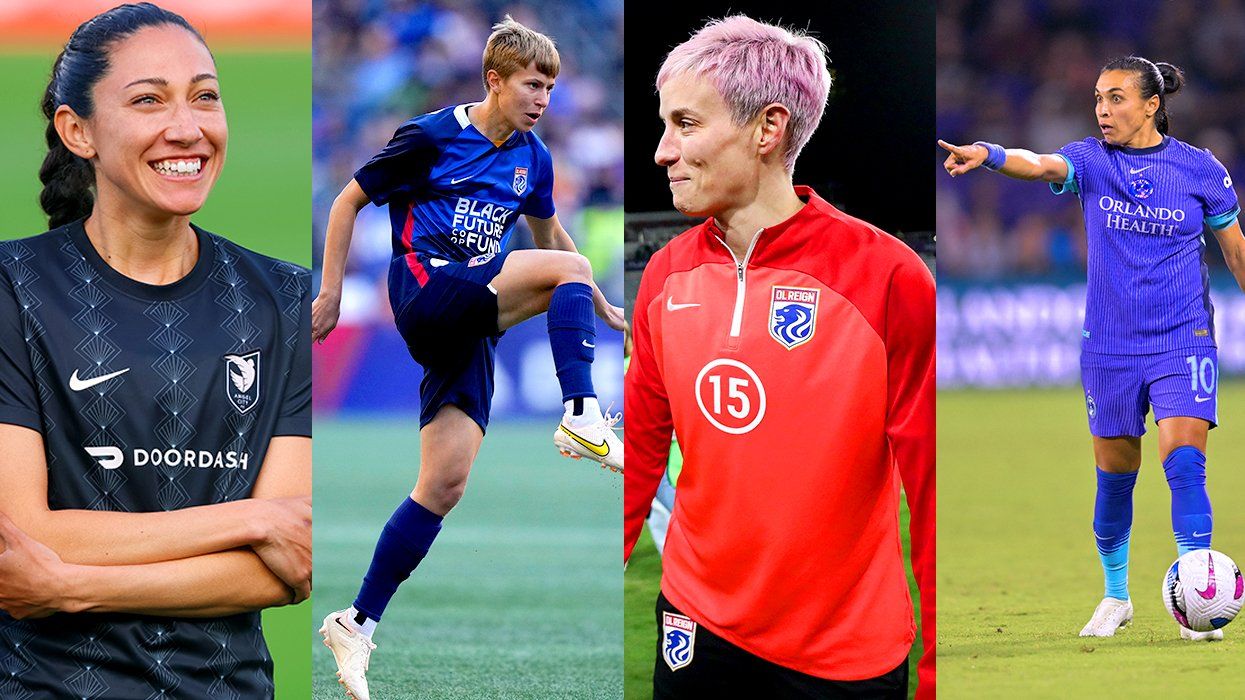October is National Anti-Bullying Awareness Month. With one incident of bullying every seven minutes, bullying is sadly the most frequent form of violence that school-aged children encounter.
In the 2011 documentary film Bully, film director Lee Hirsch, also a victim of bullying, gives us a window into the lives of five school-aged children — from across ethnic, cultural, and geographic boundaries — who confront bullying on a daily basis. Their stories are unimaginably painful, but these stories are just the tip of the proverbial iceberg. The statistics on bullying are staggering.
Approximately 42 percent of school-aged children have been bullied online, with 35 percent being victims of online threats. Approximately 58 percent report that someone has said something mean or hurtful to them online. It is estimated that 160,000 children miss school every day because of the fear of assault or intimidation by other students. A staggering 77 percent of students have been the victim of some type of bullying.
Homophobic bullying targets lesbian, gay, bisexual, transgender, and queer (LGBTQ) students, and those perceived to be LGBTQ. Case in point: Carl Joseph Walker-Hoover.
Sirdeaner Walker found her 11-year-old son hanging by an extension cord on the second floor of their home after he endured endless antigay and homophobic taunts by schoolmates, despite the fact that Carl never identified as gay. With homophobia being what it is in the African-American community, I imagine that Carl, who was African-American, must have experienced an endless cycle of bullying.
When Sirdeaner L. Walker of Springfield, Mass., spoke at a press conference in Massachusetts in 2009 calling for effective and comprehensive anti-bullying legislation to be passed in response to the tragic loss of her 11-year-old son Carl, I hoped I would neither read nor hear ever again about another child or young adult committing suicide as the result of homophobic bullying.
Sadly, Carl's death was just the tip of the iceberg. "Bullicide" was on its way to becoming a national epidemic. Just in the month of September 2010, nine teen suicides were tied to harassment for sexual orientation or gender expression. This highlighted the disproportionate bullying of our LGBTQ kids and those perceived to be LGBTQ.
One of the suicides that September was that of 18-year-old Rutgers University freshman Tyler Clementi. Clementi jumped to his death from the George Washington Bridge after finding out that his college roommate and another classmate had secretly used a webcam to broadcast his sexual encounters with another man, highlighting the dangers of "cyberbullying" — teasing, harassing, or intimidating with pictures or words distributed online or via text message.
The story of Clementi's suicide and the many others that month went viral and saturated the media. However, when the suicide of Joseph Jefferson, a 26-year-old African-American activist for LGBT youth, went largely unnoticed, those of us in the African-American community were not surprised. Jefferson had worked with HIV/AIDS charities and was an assistant to promoters of black LGBTQ events in New York.
"I could not bear the burden of living as a gay man of color in a world grown cold and hateful towards those of us who live and love differently than the so-called 'social mainstream,'" Jefferson posted on his Facebook page the day he killed himself.
African-American LGBTQ youth residing in black communities are frequently the subjects of bullying, which often leads to their death by suicide or gang violence. For example, in 2006, Michael Sandy died after being hit by a car while he was trying to escape attackers at Plumb Beach in Brooklyn. Sandy had arranged to meet one of the men after having an exchange with him in an online gay chat room. When Sandy arrived, the man and three accomplices robbed him and chased him onto the highway. Sandy was hit by an oncoming vehicle and later died from brain injuries.
The harm from bullying and the toll it takes — not only on our kids but also on society at large — are far greater than people realize. At a press conference, Walker highlighted those concerns: "In the immortal words of U.S. Supreme Court Chief Justice Earl Warren, 'It is doubtful that any child may reasonably be expected to succeed in life if he is denied the opportunity of an education.' Bias, bullying, and harassment currently stand between too many youth and this essential opportunity."
Walker is right. Anti-gay bullying truncates a child's academic ability to excel. And the cost, while immediately about the child, is an equally greater cost to us as a society down the road. Antigay bullying is not to be endured or tolerated. It must be stopped by us all, and at all levels, from our legislators to our educators.
In 2010 Massachusetts Governor Deval Patrick signed strong anti-bullying legislation that cemented the state's commitment to changing the culture of bullying in schools. Gay and Lesbian Advocates and Defenders (GLAD) was involved in the legislative process from beginning to end.
Victims of bullying endure a host of emotional problems. They become anxious and insecure and suffer low self-esteem because the targeting of them has made them feel isolated, helpless, and vulnerable. Those feelings are just some of what we can surmise Carl and Tyler experienced. Unfortunately, countless others will experience those same feelings during this school year.
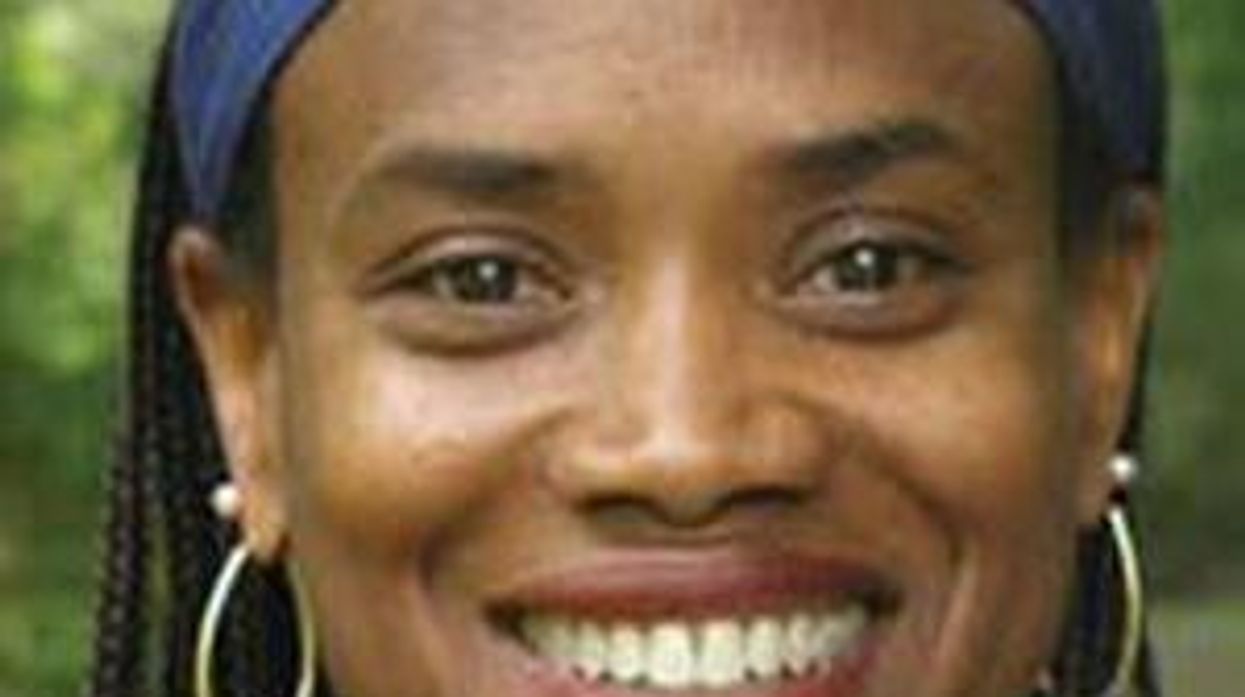













































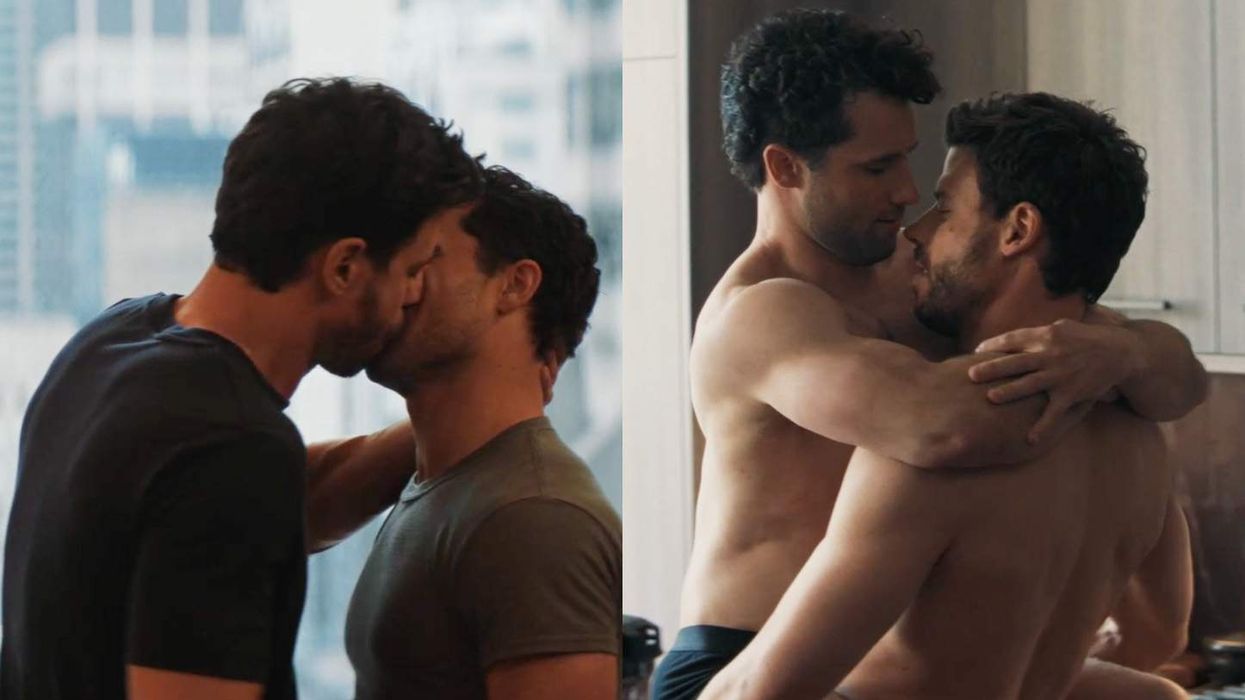


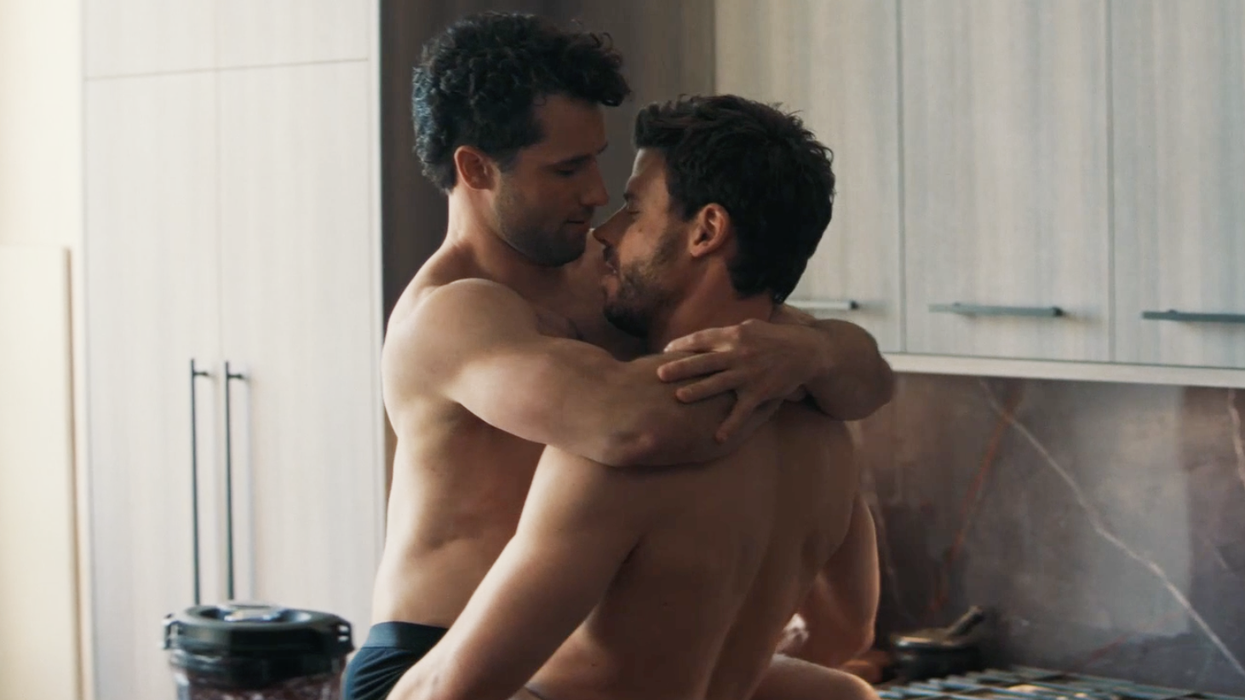
































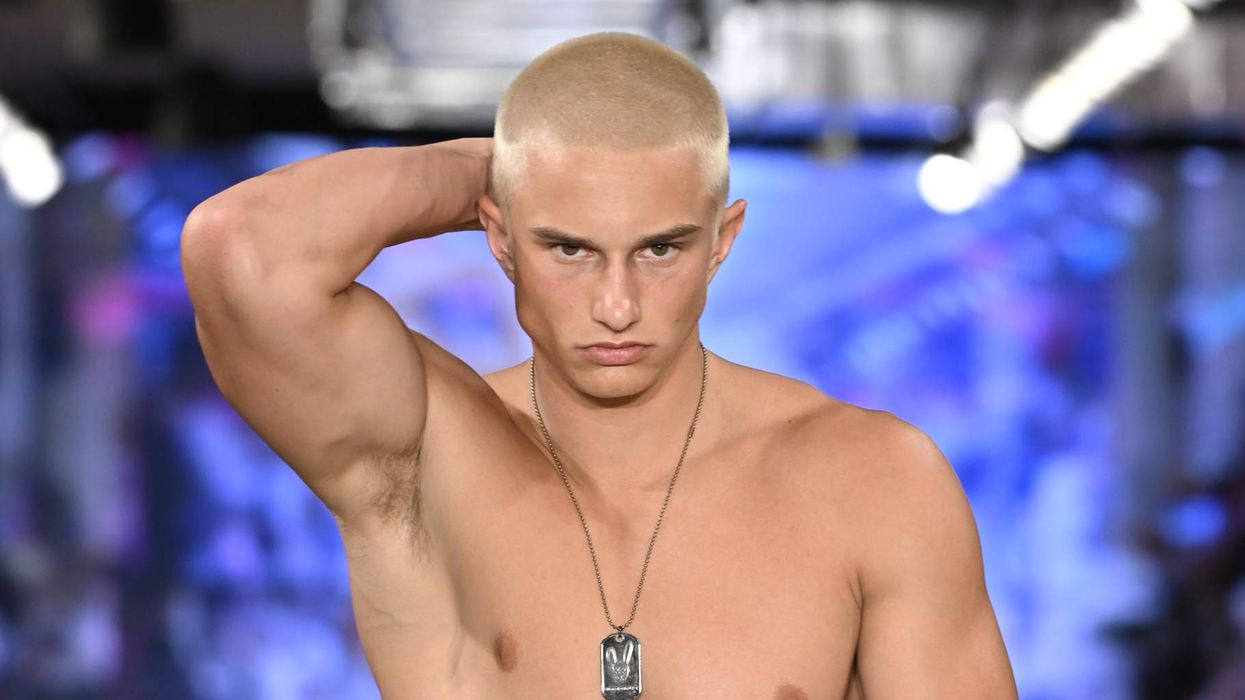
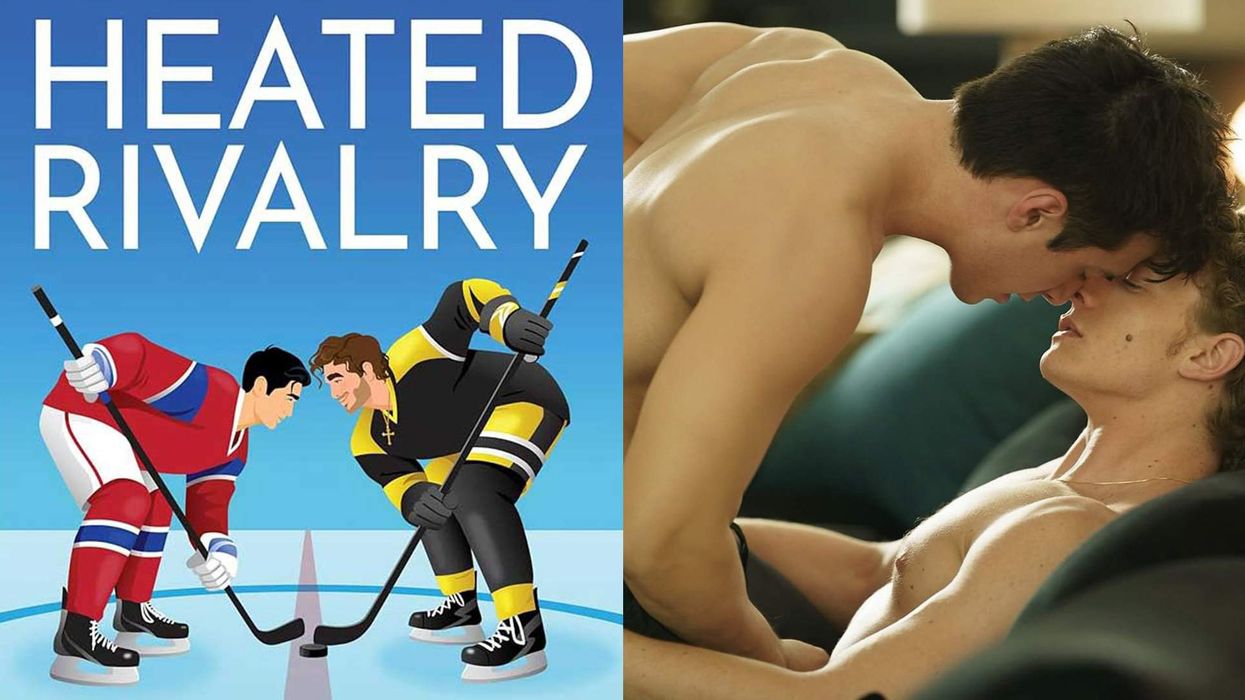



 Cindy Ord/Getty Images
Cindy Ord/Getty Images
























